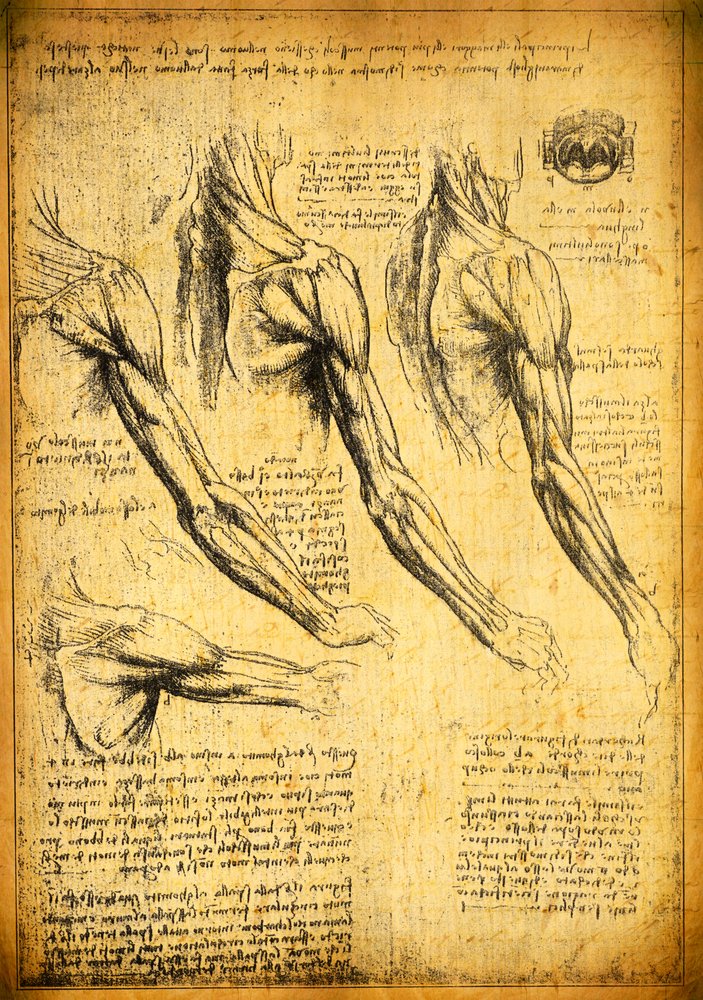
Statistical significance
One word you see a lot in scientific writing is “significant”. This term has a specific meaning in science. Let’s explore the use of the word “significant”, and how we can ensure it is used correctly in scientific writing.

When is a ton not a tonne?
The units of measure known as ton and tonne can cause confusion for authors and editors alike. Both are units of mass; however, they do not describe the same unit of mass. Let’s take a look at each unit, and learn a bit of their history, as this will help to distinguish between the two.

The rest is history
Authors often confuse the adjectives historic and historical. Unfortunately, these words are not interchangeable, but understanding when to use one word over the other is relatively easy. Use of the indefinite article “a” or “an” before words that start with an “h” is a bit more difficult to explain, and many people have strong feelings about which is correct.

Referencing styles
Many research authors have their journal papers returned with the comment: “Please adhere to the journal style for referencing”. What does this mean, and how can an author better prepare their references according to a particular referencing style?

Editing numbers
Dates can cause a lot of issues in scientific writing. Here we will focus on just one aspect of writing dates: decades.

Editing numbers
The International System of Units (SI, after the French Système International d'Unités) was created by the International Bureau of Weights and Measures (BIPM) in 1875 to create a worldwide unified system of measures.
There is often confusion about whether SI units, and their derived units, are singular or plural.

Editing numbers
Something I often query in scientific reports is the difference between ‘percentage’ and ‘percentage point’. These two terms are fundamental to statistical analyses, so it is good to have a solid understanding of what they mean and how to calculate them. Understanding ‘percentage change’ is also helpful. In this post, I explain all three concepts using examples.



Bothersome backsides and other photo failures
Most clients see editors as word experts and expect an editor’s brief to begin and end with the words on a page. However, editors also have a role to play in helping to check and refine the photography that accompanies a written piece. There are a number of things an editor may look for in photography, including checking for unexpected content and assessing if the photograph is suitable for the publication.

Why nobody believes your science
Communicating scientific ideas effectively is a really hard gig. From science sceptics to science lovers, it all comes down to how people respond to and process evidence.